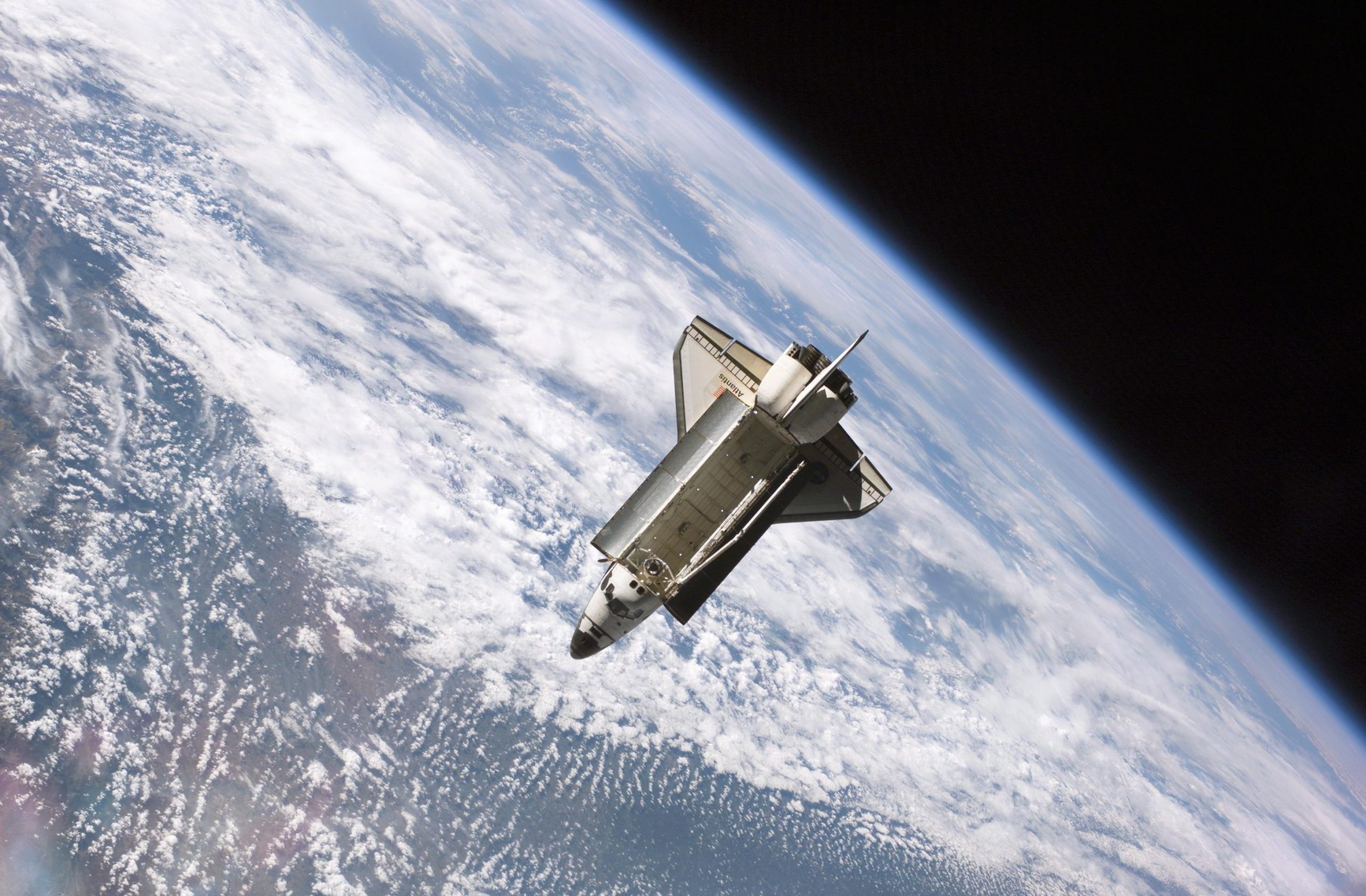Manned spaceflight, the exploration of space by humans, has been a cornerstone of scientific and technological advancement since the mid-20th century. It has pushed the boundaries of human endurance, expanded our understanding of the universe, and inspired generations of explorers and dreamers.
Early Achievements
The Soviet Union pioneered manned spaceflight, launching the world’s first artificial satellite, Sputnik 1, in 1957. Just a year later, Yuri Gagarin became the first human to orbit the Earth, a historic achievement that marked the beginning of a new era in space exploration.
The Apollo Program
One of the most iconic moments in human history was the Apollo 11 mission in 1969, which successfully landed astronauts Neil Armstrong and Buzz Aldrin on the Moon. The Apollo program, a series of missions launched by the United States, demonstrated humanity’s ability to venture beyond Earth and into the unknown.
International Space Station
The International Space Station (ISS), a joint project of multiple countries, has been orbiting the Earth since 1998. It serves as a platform for scientific research, technological development, and human habitation in space. The ISS has provided valuable insights into the challenges and benefits of long-duration spaceflight.
Challenges and Benefits of Manned Spaceflight
Manned spaceflight presents a number of challenges, including:
- Physical and psychological effects: Long-duration spaceflight can have a significant impact on the human body, including bone loss, muscle atrophy, and psychological stress.
- Technological challenges: Spacecraft must be designed to withstand the harsh conditions of space, including extreme temperatures, radiation, and microgravity.
- Financial costs: Manned spaceflight is expensive, requiring significant investments in technology, infrastructure, and human resources.
Despite these challenges, manned spaceflight offers numerous benefits, including:
- Scientific research: Space stations provide a unique environment for conducting experiments in a variety of fields, such as biology, physics, and astronomy.
- Technological advancement: Manned spaceflight has led to the development of many new technologies that have applications on Earth, such as materials that can withstand extreme temperatures and radiation.
- Inspiration: Manned spaceflight inspires people of all ages and backgrounds, demonstrating the potential of human achievement.
The Future of Manned Spaceflight
As technology continues to advance, we can expect to see even more ambitious manned spaceflight missions in the future. These missions may involve exploring distant planets, establishing human settlements on the Moon or Mars, and even venturing beyond our solar system.
Manned spaceflight is a testament to the human spirit’s boundless curiosity and our unwavering desire to explore the unknown. It is a field that is constantly evolving, and there is much more to discover.
